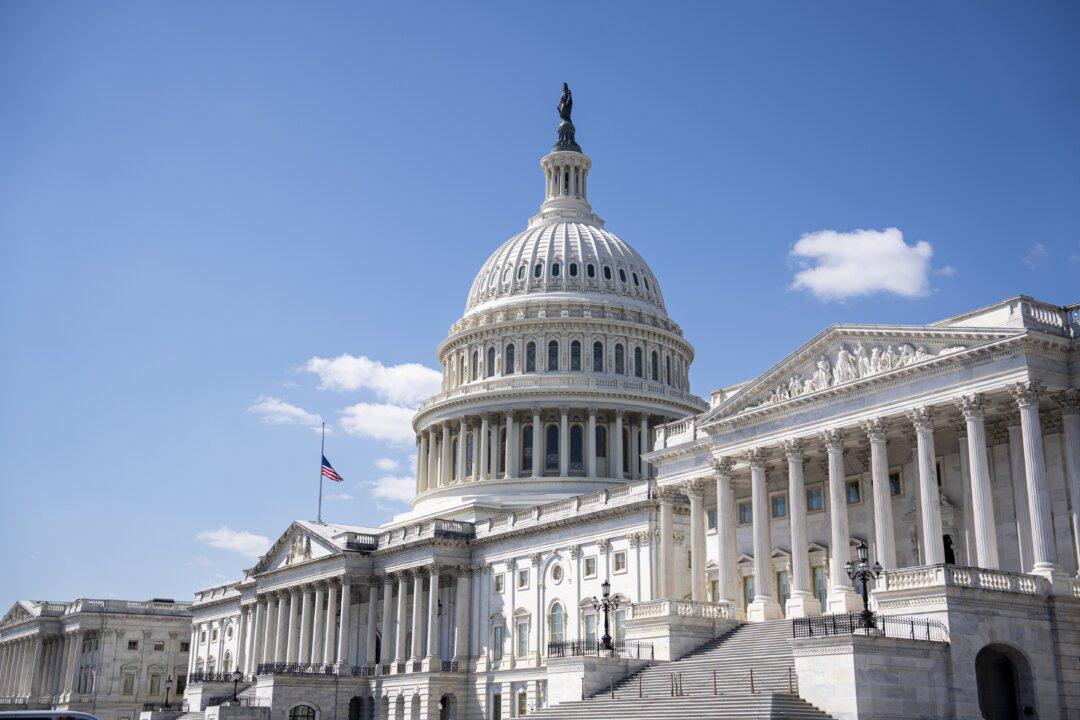The Senate Judiciary Committee voted on Thursday to advance a bill that empowers news outlets to collectively negotiate fair compensation with Big Tech platforms in exchange for distributing their content.
The bipartisan Journalism Competition and Preservation Act (JCPA) garnered support from senators across party lines in a 13–7 vote. In the last Congress, the bill passed the panel by a strong bipartisan vote but was not brought to the floor for a vote.





